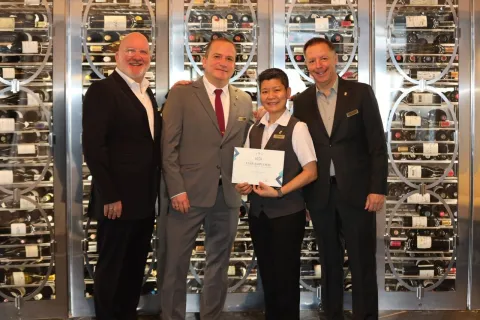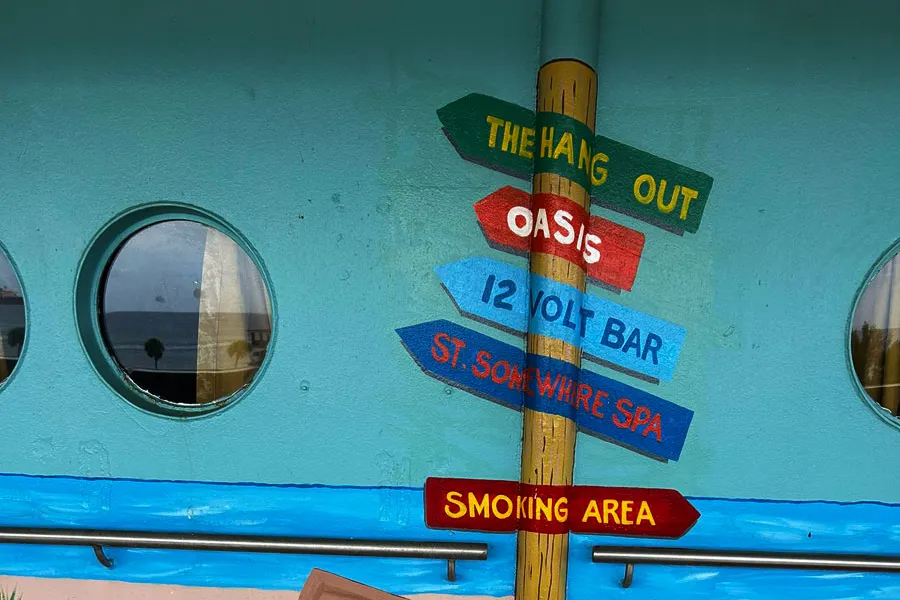
Living and working on a cruise ship is truly a unique and unforgettable experience that is challenging to compare to a land-based job. Few occupations provide the opportunity to explore so many diverse places worldwide, encounter exotic scenery, and meet people from various countries. After such an experience, you're likely to become a well-rounded and worldly individual, gaining a better understanding of global issues, diverse cultures, and ways of life.
Certainly, the only way to determine if you'd enjoy it is to give it a try. Nevertheless, to address potential doubts and uncertainties, we will delve into some essential aspects of life on board.
Day-to-Day Routine On Cruise Ship
First and foremost, living and working on board a cruise ship entails specific considerations that anyone interested in this profession must bear in mind.
Crew Cabins
Typically, crew cabins are relatively small and are situated on decks below the passenger areas. Some of these cabins may even be located below the waterline, which can result in considerable noise due to the engine room's vibrations and the sound of splashing water. On larger cruise ships, employees are often divided by departments, and sometimes, by nationality.
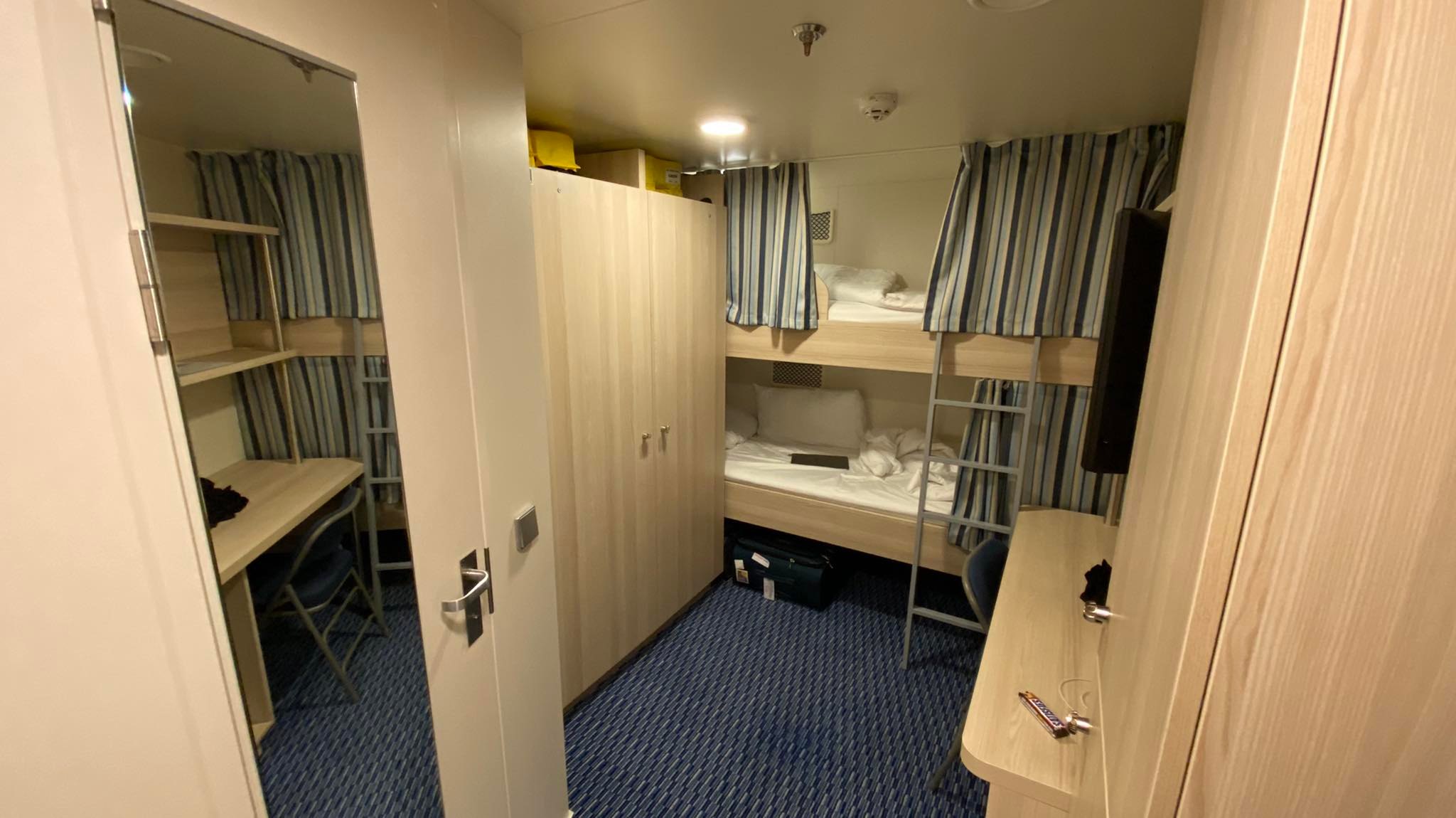
While some ships offer cabins with private bathrooms, others provide communal bathrooms shared by several crew members. Beds are typically arranged in bunk-style configurations, and the shipping company usually provides sheets, blankets, and pillows.
Crew members are responsible for maintaining the cleanliness and proper upkeep of their cabins, which are subject to regular inspections by ship authorities to ensure compliance with regulations.
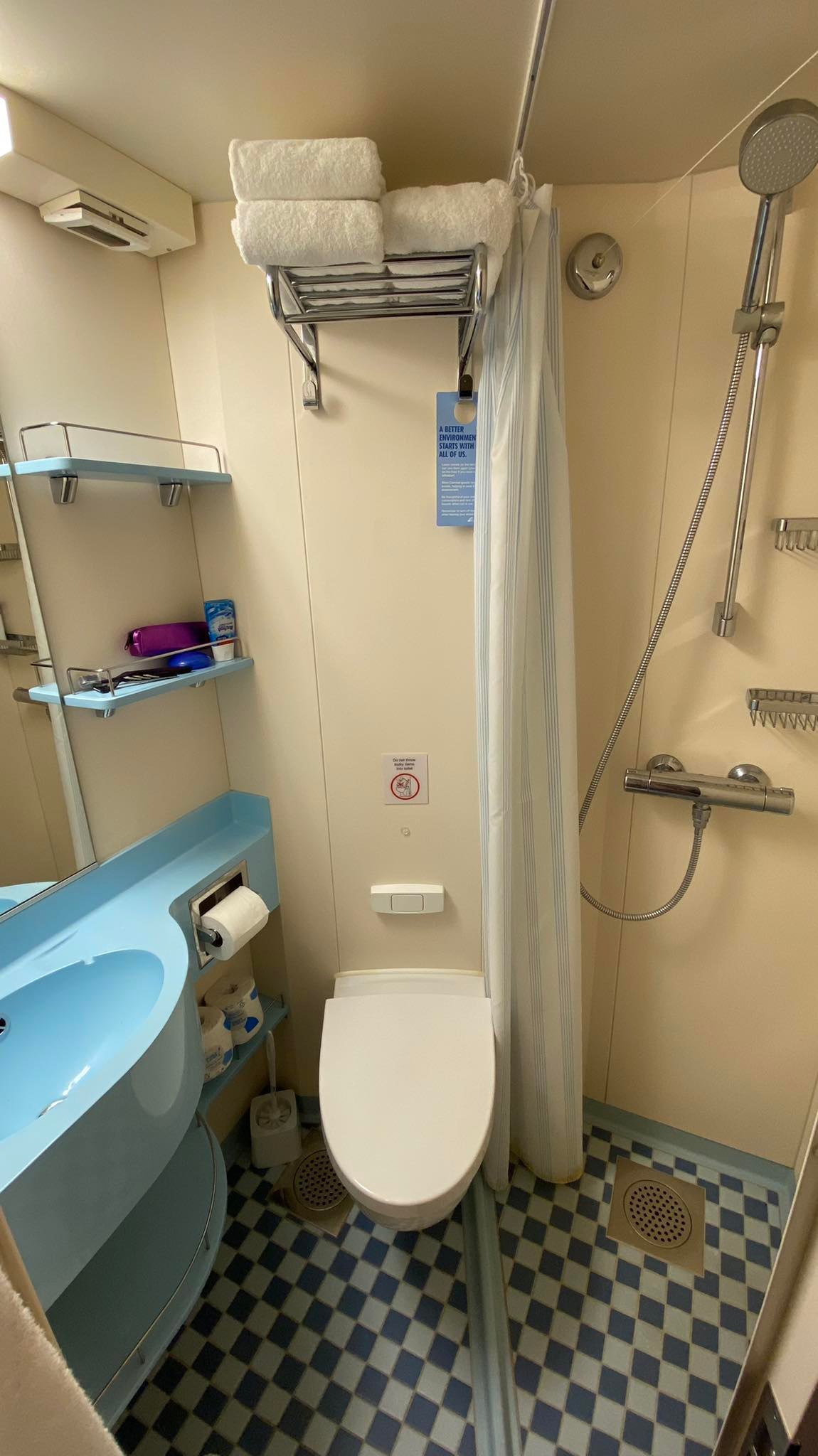
Limited privacy is common, especially for newcomers in entry-level positions, who may have to share cabins with others. While this can be a significant adjustment, it generally poses no problem for those comfortable with having a roommate.
Establishing harmonious relationships with cabin mates is crucial, as the confined spaces can sometimes amplify personal differences. The ship's successful operation depends on the cooperation and teamwork of all crew members, necessitating compromises on matters such as orderliness, cleanliness, smoking preferences, and nightlife. Any disputes that cannot be resolved amicably are typically brought to the attention of a manager or supervisor, with confrontations and grudges actively discouraged.
Chances are, you won't be spending much time in your cabin beyond sleeping. Over time, as you gain experience on board, you may be eligible for a cabin of your own. Cruise Ships Represent a Highly Organized International Working Environment. Crew members hail from dozens of countries worldwide, making English proficiency essential for effective communication.
Meals
Dining arrangements may vary depending on the cruise ship. On smaller vessels, crew members often share meals with passengers, while larger ships provide dedicated mess halls and culinary staff for the crew. All meals and beverages are provided free of charge.

Expenses On Board
With the exception of expenses incurred during shore leave, everything on the ship is typically provided at no cost (except for the crew bar).
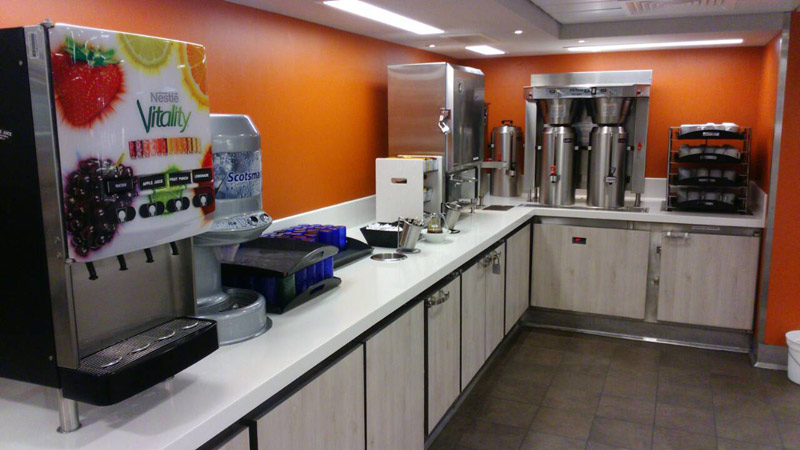
Drugs
The use of drugs is strictly prohibited on board. Any discovered drugs will be confiscated, and crew members found in possession will face dismissal, disembarkation, and potential involvement of local law enforcement. Regular drug tests are conducted to detect any violations.
Time Off
During their time off, crew members are permitted to go ashore when the ship is in port.
Crew Insights
Articles and experiences shared by crew members working on cruise ship. Find out more about ship life at sea together with tips and advices for first time crew members and cruise oldtimers.




